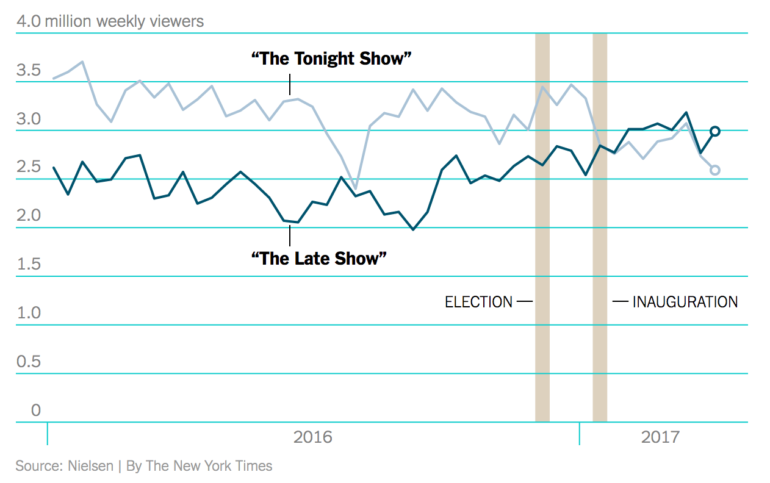Do you remember when it would take so long for your computer to start up, that you’d have time to brew a cup of coffee or make yourself a sandwich?
Oh how times have changed…
If we want to read a book, we can download it instantly. If we want to listen to one, we can literally press play the moment after we purchase it. If we want toothpaste, laundry detergent, or a few bananas, we can order it on Prime Now and get it within two hours. And now, with the launch of Amazon Go, we don’t even need to line up and pay the cashier at the grocery store!
Sure, this is convenient, but the unfortunate side effect is that we’ve been conditioned to need, want, and long for change.
We’re addicted to change…and secretly we love it.
Now change isn’t a bad thing in and of itself, but change for the sake of change must be avoided. It demoralizes your team, causes unnecessary stress, and is simply unproductive. However, if you have decided that change needs to take place in your life and in your ministry, following this eight-step process that I wrote about in a previous article, is critical.
Now while the likelihood of succeeding in leading change without the eight-step process—or some variation of it—is pretty low, how you view and approach change matters even more.
When burdened with a new idea, or a desire to change something specifically in your life or your church, definitely start with prayer. But don’t move straight to implementation after you say “Amen.”
We need to slow down and take a different approach.
Now I understand that this is hard to do because of our on-demand, stream-anytime, find-an-answer-to-anything, go-anywhere, and swipe-now-pay-later instant gratification culture.
[Read more…] about The Obscure Link Between Instant Gratification and Change

 As a child, I remember flipping through the human anatomy section in the Encyclopedia Britannica.
As a child, I remember flipping through the human anatomy section in the Encyclopedia Britannica. Are you happy with your existing vision, strategy, and values? Are you producing disciple-makers, disciples, or consumers? Are you worried that what you’re currently doing isn’t sustainable or scalable? Do you need to overhaul your church, but aren’t sure how?
Are you happy with your existing vision, strategy, and values? Are you producing disciple-makers, disciples, or consumers? Are you worried that what you’re currently doing isn’t sustainable or scalable? Do you need to overhaul your church, but aren’t sure how?
 What are you holding onto? Or maybe the real question is, what’s holding onto you?
What are you holding onto? Or maybe the real question is, what’s holding onto you? Have you ever judged the effectiveness of your ministry by the size of attendance?
Have you ever judged the effectiveness of your ministry by the size of attendance?


